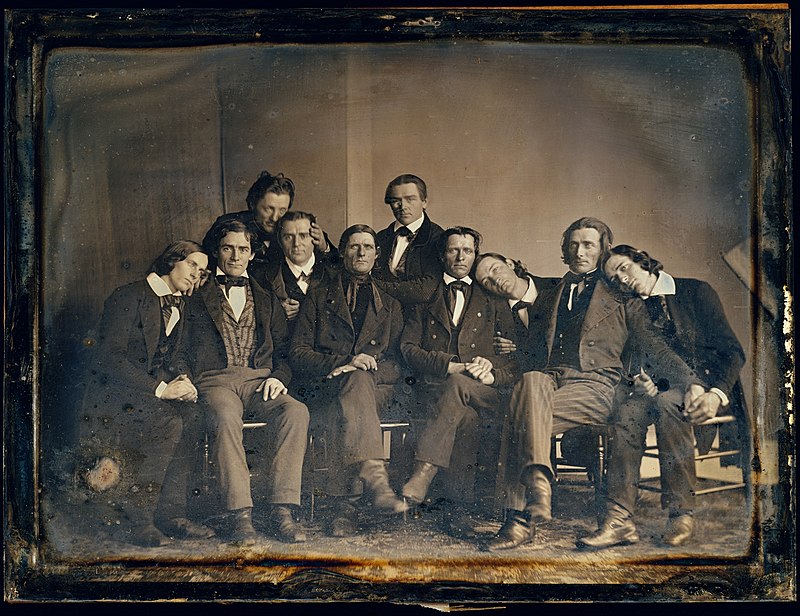
Bruce Beckham’s Inspector Skelgill series, set in Cumbria, continues with Murder Unseen, though Skelgill himself takes a somewhat reduced role this time out. He’s off on a different assignment (and on holiday) much of the time, so the focus is on DS Emma Jones, his subordinate, mentee and secret admirer. DS Leyton, the other main member of the team, has a smaller case of his own to look into.
Lisa Jackson, an attractive young employee at a Carlisle design firm, walks into the office one morning and disappears from the face of the earth. The office is in a blind alley, and there is no back exit from the building.
A suspect quickly appears. Ray Piper, a married man and co-worker who recently ended an affair with Lisa, is seen with his car backed up to the office door shortly after her disappearance. But he has an explanation for every suspicious act and piece of evidence in the case, and it’s notoriously difficult to prosecute a murder without a corpus delicti. As time passes, the team will begin to despair of a conviction – until Skelgill himself returns to apply his intuitive investigative approach, and his close familiarity with the local terrain.
The Skelgill books aren’t highly charged thrillers, and that suits me just fine. They’re slower, quieter, and more character-driven than most mysteries, and the author loves to pause to describe the Lake District scenery. I enjoyed Murder Unseen, and recommend it.
I do wish Skelgill and Jones would get together, though. If she waits for him to make a move, she’ll probably wait forever.





